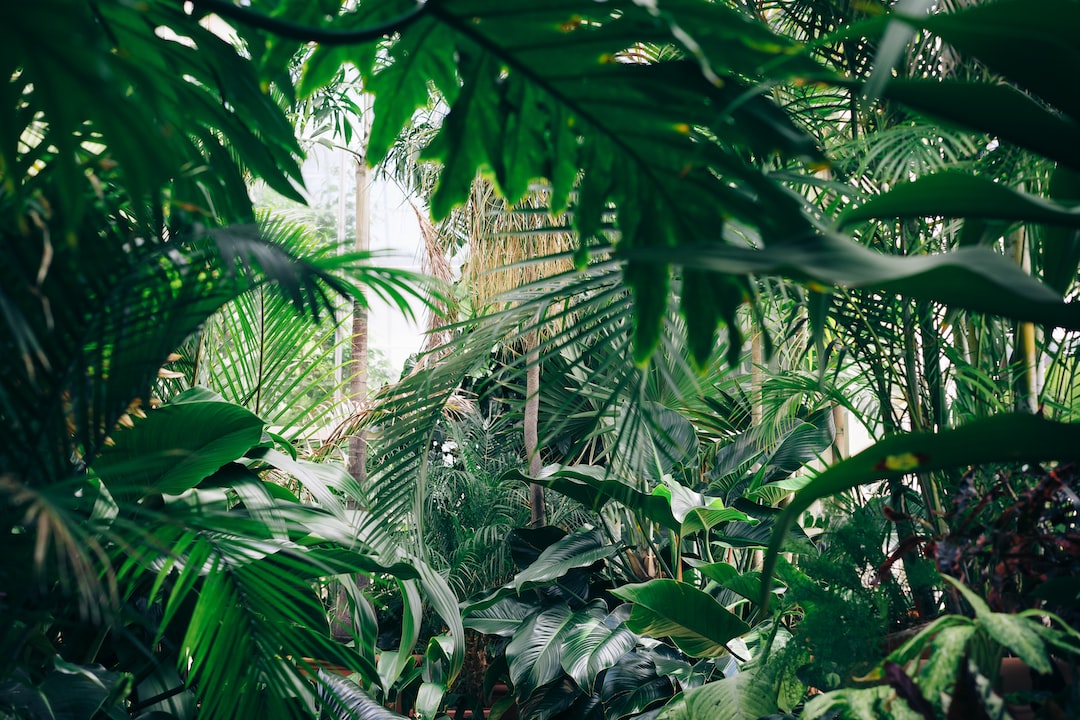Container Gardening 101: Growing Plants in Limited Spaces
In today’s fast-paced world, many people are living in apartments or smaller homes with limited outdoor spaces. However, this should not deter anyone from enjoying the beauty and benefits of gardening. Container gardening is the perfect solution for those who have limited space but still want to grow plants.
Container gardening is the practice of growing plants in containers rather than in the ground. It is a versatile and creative way to bring life and greenery to any space, whether it’s a balcony, patio, or even a tiny window sill. Here are some tips and tricks for successful container gardening:
1. Choose the Right Containers: When it comes to container gardening, the options are endless. From traditional terracotta pots to hanging baskets and even repurposed items like buckets and mason jars, any container with drainage holes can be used. Ensure that the chosen containers are the appropriate size for the plants you want to grow.
2. Consider Soil and Drainage: Good soil is essential for healthy plants. Use a high-quality potting mix that is well-draining and provides essential nutrients. Additionally, ensure the containers have drainage holes at the bottom to prevent waterlogging, which can lead to root rot.
3. Select the Right Plants: When choosing plants for container gardening, consider the size of the plants and the space available. Opt for dwarf or compact varieties that are more suitable for containers. Herbs, salad greens, flowers, and even small vegetables like cherry tomatoes and peppers are great choices for container gardening.
4. Provide Adequate Sunlight: Most plants require at least six hours of sunlight a day. Ensure that the chosen space for container gardening receives enough sunlight for the specific plants you are growing. If sunlight is limited, consider using artificial grow lights to supplement their needs.
5. Water Regularly: Container gardens can dry out quickly, especially during hot summer months. Check the moisture level of the soil regularly and water as needed. It is better to water deeply but less frequently to ensure plants receive adequate hydration.
6. Fertilize as Needed: Over time, potting mix may lose nutrients. Supplement the plants’ diet by fertilizing regularly with a balanced liquid fertilizer or slow-release granules. Follow the product’s instructions for application rates and schedules.
7. Monitor Pests and Diseases: Container gardens are not immune to pests and diseases. Regularly inspect the plants for any signs of infestation or disease. Early detection and appropriate treatment can save the plants and prevent further spread.
Container gardening is not only a practical solution for limited spaces, but it also offers numerous benefits. It allows individuals to exercise their creativity and express their personality through plant selection and container display. Moreover, container gardens can improve air quality, reduce stress, and provide a sense of tranquility.
So, even if you have a small balcony, patio, or windowsill, don’t let limited space stop you from gardening. Start your container garden today and experience the joy and fulfillment that comes with growing your own plants, even in limited spaces.

